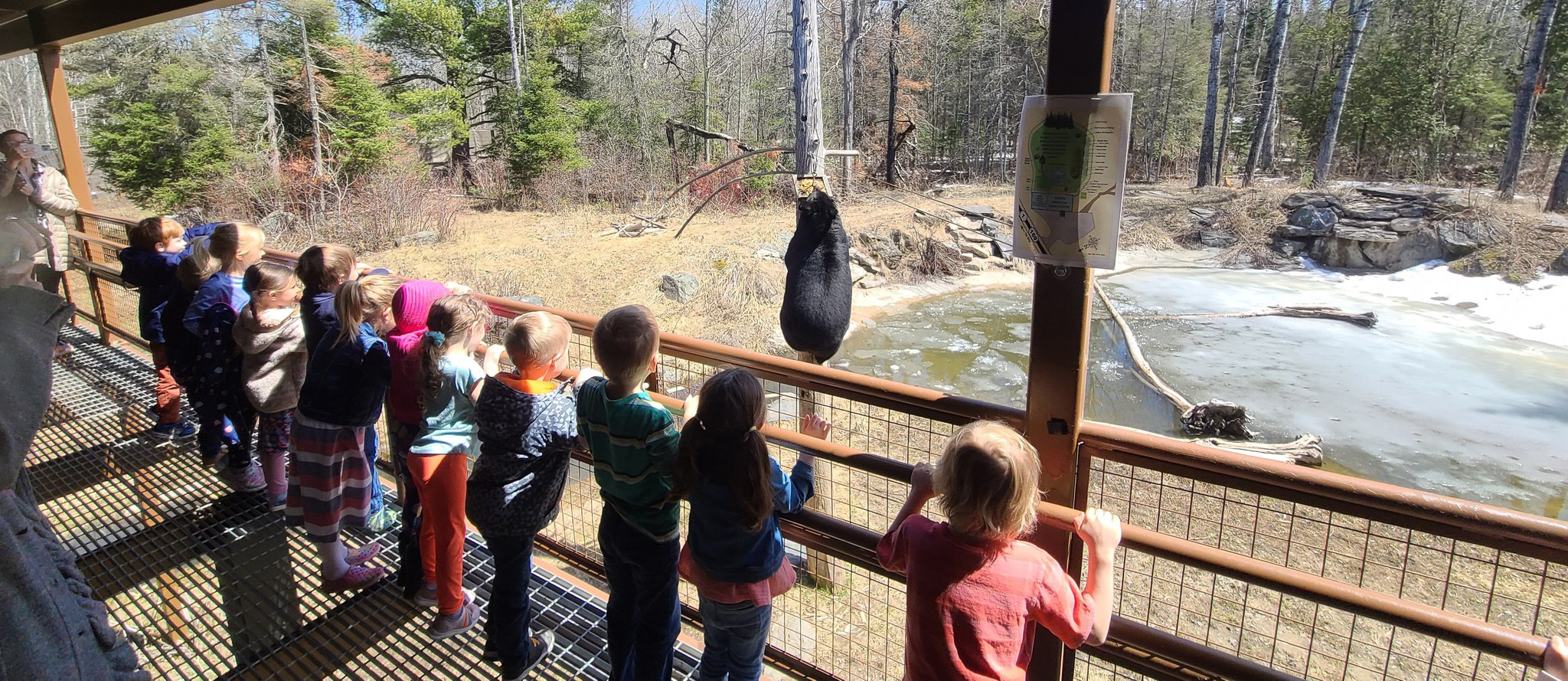What If I Get Between a Black Bear Mother and Her Cubs?
One of the biggest misconceptions about black bears is that mothers are likely to attack people in defense of cubs. That is a grizzly bear trait. 70% of the killings…
Read More

One of the biggest misconceptions about black bears is that mothers are likely to attack people in defense of cubs. That is a grizzly bear trait. 70% of the killings…
Read More
No. Most people are afraid near bears and are not attacked. Black bears are not looking for a vulnerable person to attack. Their first concern is that they will be…
Read More
This picture shows harmless bluster by a nervous black bear—a mature female. She made her muzzle long and narrow, lunged forward, blew loudly, and slammed her front feet down into…
Read More
This is probably the most common question we hear. The standard answer nationwide is, “Speak calmly and back away slowly.” This is good advice. It identifies you as a person,…
Read More
By Lynn Rogers, PhD In working closely with wild bears for over 50 years, I have gradually become more and more comfortable with them as I learned their “language” and…
Read More
Bear Center researchers are still waiting to find out. In over 40 years of capturing, observing, and confronting bears—and seeing the occasional fight—they have yet to hear their first growl….
Read More
Black bear cubs and human babies can sound enough alike to confuse both species. Bear cub crying On August 7, 1990, a scared cub sounded so much like a person…
Read More
Stories of bears rushing at people are rare but do happen. These are bears that make the news. They are the unusually aggressive bears that create stories of narrow escapes….
Read More
Black bears not only communicate with grunts, tongue-clicks, and blowing. They have a resonant voice. It is not the barking, growling voice of a dog and is seldom the shrill…
Read More
Bear Center researchers see bluster when bears are nervous and crowded but reluctant to leave because of cubs, food, or being cornered. The researchers usually give these bears space, out…
Read MoreWe are a 501(c)(3) non-profit that relies entirely on the support of visitors, merchandise sales and people like you. We do not receive any state or federal funding.
Help support our mission.
Donate Now